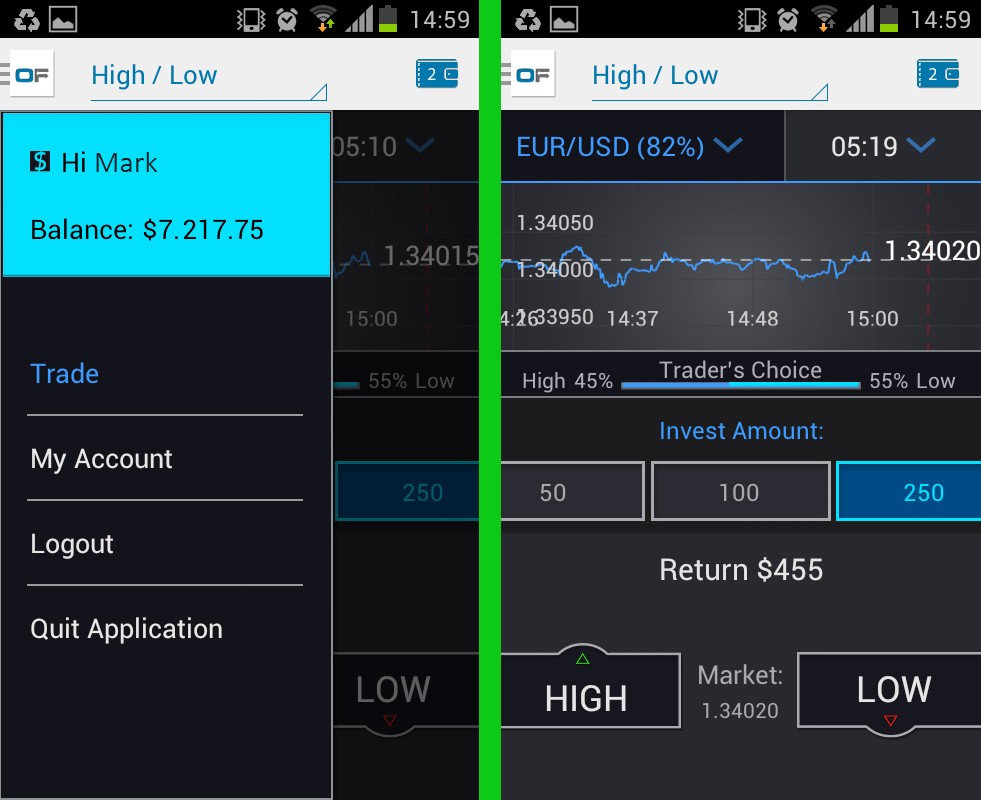Questions every Australian trader should ask brokers about their money
Post on: 3 Июль, 2015 No Comment

CFD trading allows you to unlock potential profits whether markets are rising or falling. This article is brought to you by IG, a global market leader in CFD & forex trading. Learn more about CFDs.
Some of the countries which allow brokers to pass client funds to their global counterparties for hedging are typical of those known for their weak regulation and tax haven status; Cyprus and Mauritius for example. You can also add Australia to that list.
This dubious distinction means Australian traders’ funds are potentially at risk should their broker fail – a scenario made ever more possible in light of the chaos and failure of many international brokers following the Swiss National Bank’s removal of its currency cap.
While the Swiss crisis was contained in Australia and didn’t result in the failure of any local brokers, any shocks closer to home impacting the Australian dollar or one of its popular trading pairs such as the yen, yuan or US dollar would result in significant consequences and local traders might not be so lucky.
Traders need to be aware that while many Australian brokers claim they segregate client funds and don’t use them for hedging, a loophole in Australian regulations allows them to legally send client funds to their counterparties, where it is often combined with a broker’s own funds and used for hedging. This is especially attractive for global brokers when their domestic regulations stipulate they cannot use a local client’s funds for hedging, as they may still be able to use Australian retail clients’ money, creating what is known as “regulatory arbitrage”. Australian traders’ funds are essentially propping up international businesses and being put at risk.
This risk was illustrated by the collapse of MF Global. $342 million of Australian client money was jeopardised when the broker entered administration after a $6.3 billion bet on Greek debt went wrong – a bet supported by client money after it was removed from a so-called “segregated” account. This was one of the ten biggest bankruptcies in corporate history and is still fresh in many local traders’ minds.
Similarly in 2013, Mahmood Riaz of forex broker GTL Tradeup, announced his intention to liquidate GTL, owing over $4 million dollars to Australian retail clients.
The Australian broker had sent $4.35 million of retail client funds to GTL Trading DMCC, a related entity in Dubai, as its hedging counterparty, who would take the other side of the trade to hedge client positions.
Australia does not currently have the legal or regulatory safeguards in place to ensure client money is truly segregated and cannot be used for hedging, meaning every forex and CFD trader needs to do due diligence on their broker. Questions to ask include :
- • Do you (the broker) use your own funds for hedging?
• How much of your own funds do you have on hand for hedging?

• Do you segregate client funds deposited, including net running profits?
• Does your PDS allow you to use client money for hedging?
In addition to asking these questions, traders need to review their broker’s Product Disclosure Statements to ensure their funds are truly safeguarded.
Volatility has picked up markedly in 2015, partly due to growing concerns that central banks have lost the ability to achieve their mandates. How will markets react if central banks cannot engineer inflation, despite many implementing radical unconventional monetary policy? Understanding the risks around leverage has never been more important.
The Australian CFD and Forex Forum was established to promote industry best practice and has been working closely with regulators to ensure product risks are well documented and clients are given the best execution, with a wide range of risk-management products.
One of the key requirements to join the Forum is that members won’t use client funds to hedge and must use their own cash, with ACCC Deputy Chair Delia Rickard saying the standards were “likely to result in enhanced consumer protection for those people who choose to invest in CFDs.”
Every G10 country has banned the use of client funds for hedging purposes and it is our hope that Australian clients are soon offered the same protection. In the meantime, a few pointed questions for your broker about the use of your money could save you down the line.














